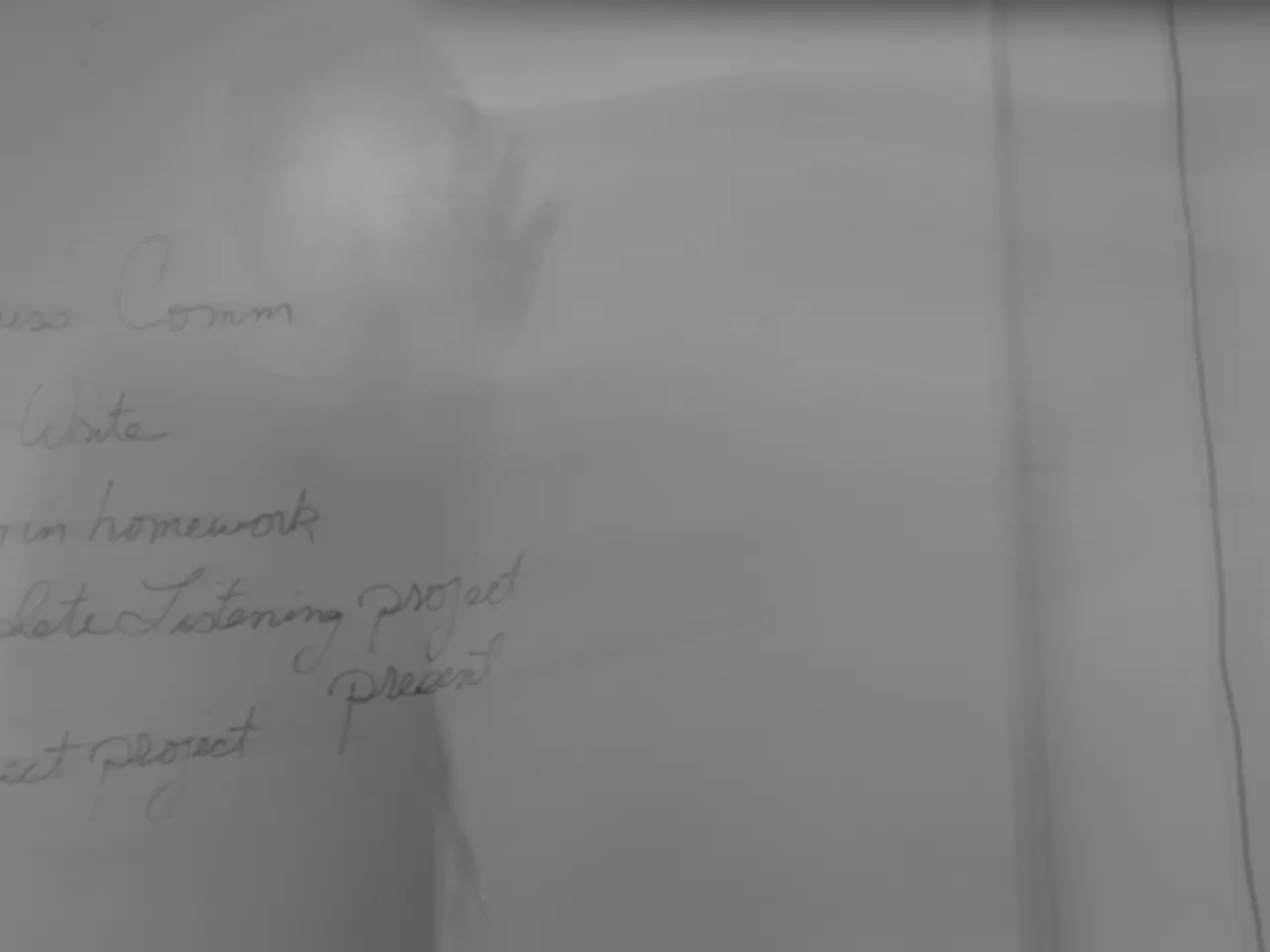EU Parliamentarian Usakovs characterizes EU-US tariff agreement as minimizing potential damage
The European Union (EU) and the United States have reached an agreement on tariffs, a move aimed at staving off a threat from President Trump to hit Europe with levies twice as high if no deal was reached by August 1. However, the agreement, which will see exports from the EU subjected to a 15% tariff, has drawn mixed European reactions characterized by significant criticism from capitals and industries.
EU chief Ursula von der Leyen struck an accord with US President Donald Trump, requiring the EU to increase purchases of US energy and military equipment. While European capitals and diplomats mostly welcomed the agreement for providing "predictability" and "stability" in trade relations, many experts and former EU officials harshly criticized the deal for its lack of reciprocity and perceived EU capitulation.
One European Parliament member, Nils Usakov, stated that the agreement is the least possible harm. However, he is generally reserved about the success of the EU's foreign policy or foreign trade policy towards the US or China. Usakov did not specify the details of the tariff agreement between the EU and the US, but he noted that any result negotiated with Washington in the current circumstances can be considered a success story.
European industries and think tanks expressed concerns about the agreement worsening trade relationships compared to the previous year, describing it as a "very flawed agreement" and emphasizing its non-legally binding nature as a source of uncertainty. The European economic community worries about the tariff burden shifting to European taxpayers if the EU compensates its industries for losses caused by higher US tariffs.
Criticism focuses on the symbolic impact: the deal is seen widely as a political win for Trump and a defeat for the EU, affecting the EU's image domestically and globally. European commentators stress the need for the EU to rethink its strategy towards the US, reducing dependency and diversifying partnerships to avoid vulnerability to similar power plays in the future.
Usakov also expressed uncertainty about the durability of agreements with Washington, as they may be changed in the future as circumstances change. He believes that there may be nothing for the EU to be proud of in its foreign policy or foreign trade policy towards the US or China for some time. Usakov did not discuss the details of the current circumstances that led to the agreement.
Despite the criticism, the agreement saw no tariffs imposed on US exports to Europe. However, the potential impact on European capitals and industries is not specified. As the agreement is a part of the ongoing tariff discussions between the EU and the US, it remains to be seen how it will shape the future of transatlantic trade relations.
- The agreement reached by Ursula von der Leyen and Donald Trump, which includes increased EU purchases of US energy and military equipment, has sparked controversy within the EU, with some criticizing it for its lack of reciprocity and perceived EU capitulation.
- European commentators stress the importance of the EU rethinking its strategy towards the US, aiming to reduce dependency and diversify partnerships to prevent future vulnerability in war-and-conflicts and policy-and-legislation, particularly in general-news related to trade relations.








